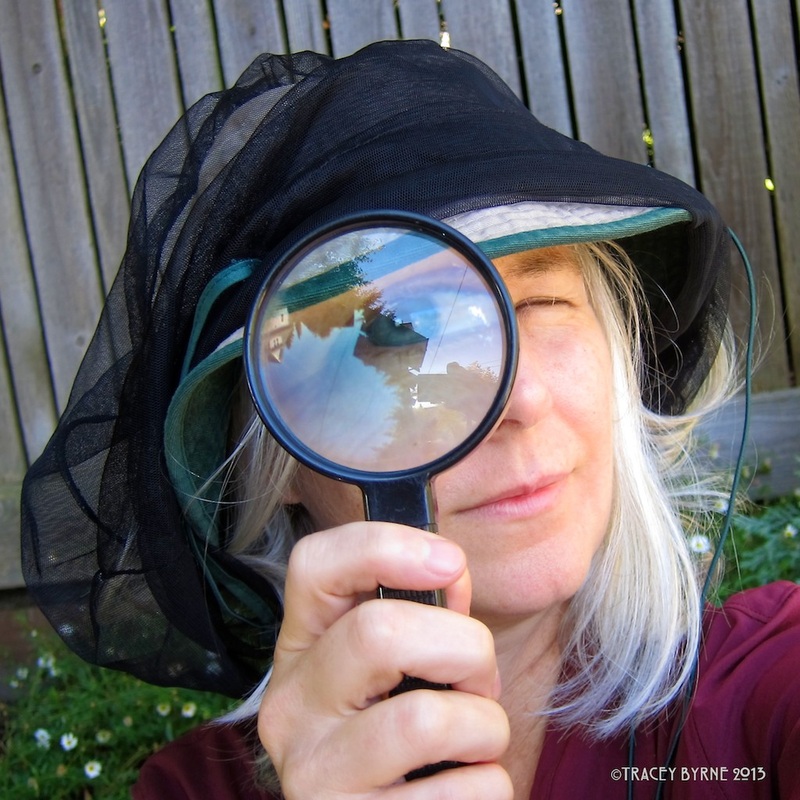|
Blueberry Borage coffee cake with coffee ice cream Farmers' Market veggies with fresh-caught salmon Back-alley blackberries and parking strip golden raspberries Rye-sourdough pancakes with kefir cream and berries
0 Comments
EWG's new Shoppers Guide is out! Environmental Working Group is a one-stop shop to keep you informed on how to make healthier choices, and what to look out for when shopping for alternatives to toxic products. It is pretty crazy when you start to understand the insidious consequences of using pesticides to grow our food! To begin with, by killing off such large numbers of insects, humans have created a trophic cascade, with a not-so-positive result of bird populations dropping by 50-75% in the UK (and elsewhere). Personally, I would rather not eat poison, and I love to watch the bugs and birds in my backyard, so I stick to organics. I strongly believe in supporting our local organic farmers and co-op, and enjoy fruits and vegetables that not only taste better but also support our natural systems. To really scare your pants off, check out EWG's Dirty Dozen Endocrine Disruptor infographic (with safe choices included). Why on earth are we allowing corporations to get away with this? Yikes.
Environmental Health News (repost)
New data released recently by the FDA shows a disturbing rise in the occurrence of pesticide residues detected in thousands of samples of commonly consumed foods. In addition, the latest USDA residue report found that fruits and vegetables showed the highest frequency of pesticide residues in the findings. Of the 10,000 foods sampled, roughly 82 percent of domestic American fruits and 62 percent of domestic vegetables carried residues of weed killers, insecticides and other pesticides commonly used by farmers. Among the domestic food samples, FDA said 97 percent of apples, 83 percent of grapes, 60 percent of tomatoes, 57 percent of mushrooms and 53 percent of plums carried residues. Looking at imported fruits and vegetables, the FDA found that roughly 51 percent of imported fruits and 47 percent of imported vegetables carried residues. Overall, the imported foods had more illegally high levels of pesticide residues than did domestic foods sampled. (12/21) *********************** These pesticides are poisons that persist in our soil, contaminate our water, drift in the air, and are in and on our flowers and foods. The constant and accelerated use of pesticides in the last forty years is not only killing insect pests, but also the myriad of beneficial flora, fauna, and soil micro-organisms that provide us with the ecosystem services that keep our planet balanced. The evidence is clear that our children are also at risk, as pesticides are undermining our children’s health and intelligence. Unfortunately, this information is not readily available to the public and is not making the headlines that it deserves. Luckily, watchdog groups are creating user-friendly apps and websites so you can be informed and make safe choices for your family.
To see what's on your food visit Pesticide Action Network's
What's On My Food? Warning: prepare to be absolutely terrified
...this is just a partial list of the toxin residues found on apples :^(
Garden Soil, Fungi, & Critters T.Byrne 2015 I lifted up the edge of one of our blue tarps last summer to find this thriving microcosm of life. This led to a bout of wondering about the multitudes of life forms that I cannot see with my naked eye (in addition to wishing that I had a light microscope, instead of just my old-fashioned Swift Stereo 90...). From the looks of things, it seems that we are providing a nurturing place for a multitude of garden invertebrates and other tiny neighbors.
Microbes, microbiomes, good bacteria/bad bacteria...I believe that our next deep science explorations will be into health of the soil that we depend on to grow our food and sustain life on the planet. Did you know that there is more life below the surface of the soil than above it? In a single tablespoon of soil, there are 50 billion microbes alone! Along with a focus on soil health, it appears that as we humans need to make friends with the three pounds of bacteria, fungi, one-celled archaea, and viruses "that collectively they weigh the same as our brain". In other words, that would be the microbial make-up of a healthy human. (Are you ready to meet your wild life?) What is a person/superorganism to do? Feed your microbes well my friends, support non-toxic agriculture, green cleaning, do not use anti-bacterial soaps, read labels, drink your Kefir, and be sure to get your daily dose of dirt! Be Well~ The Horrifying News: (from Organic Consumers Association):
Frankenfish Fraud Fest On November 2, 2015, the U.S. Food and Drug Administration (FDA) approved the first genetically modified food animal—an Atlantic salmon that grows twice as fast as natural salmon, thanks to the insertion of genes from Chinook salmon and eelpout (an eel-like fish). This approval is so wrong, on so many levels, that it’s hard to know where to start. For one, the FDA regulates GMO salmon as a drug, not a food—"because the recombinant DNA (rDNA) construct introduced into the animal meets the definition of a drug." If that’s the case, you would think this new “drug” should be labeled. But it won’t be, because out of the other side of the FDA’s mouth, the agency has declared GMO salmon to be nutritionally equivalent to conventional farm-raised Atlantic salmon. (REALLY?) As this article on Mercola.com says: In the eyes of the FDA, it's a perfectly normal fish, but it's also a drug, but since it's a fish that is comparable to other fish, it doesn't need to be labeled, even though all drugs typically need to be labeled... But of course the new frankenfish is not nutritionally equivalent to farmed salmon. Worse yet, the FDA approved GMO salmon on the basis of flawed studies, none of which included long-term safety testing to prove genetically engineered salmon is safe for human consumption. ******************************** The "at least not everyone has a death wish" News: Many are fighting the good fight on this issue, and most major food retailers, including Trader Joe’s, Aldi, Whole Foods, Kroger, Costco, Safeway, and Giant Eagle have announced they will not stock GE salmon. (Interestingly, AquaBounty, who is owned by the synthetic biology firm Intrexon, recently purchased the patent for Okanagan's GM non-browning apple too.) Hmm. Want to find out more? Center for Food Safety GE fish Beyond Pesticides Genetically Engineered Salmon without Labeling Approved by FDA What's on my mind these days, in regards to mindful eating? The DARK act, victories against Monsanto's deadly Roundup and Enlist Duo, the fact that 64 nations now require labeling of food, and that 80% of processed foods contain GMOs-in addition to excessive amounts of sugar and salt... Here are a few of my favorite blogs, that keep me up-to-date on the current battles over pesticide use, labeling, and the importance of growing and eating organic foods. As my dad always said, "Eat right, exercise, and get enough sleep!" (Dr. Byrne) It is getting more difficult to know what we are eating, due to labeling issues and weak regulations, but the safest option is to buy local and organic. Because it tastes so much better! Not only that... I spent the bulk of this summer researching the effects of pesticides on children, and the health benefits of eating organic and non-processed foods. Things are much more dire than you would like to believe. Want to know more? Check out my new webpages: Go Organic and Pesticides, which I hope that you will find enlightening; included are hot links, resources, and my lastest infographic: "Pesticides are Not Healthy for Children or Other Living Things". What can you do? Vote with your dollars! Download a copy of Environmental Working Group's 2015 EWG Shopper's Guide to Pesticides in Produce here. Please advocate for non-toxic pesticide alternatives, sustainable farming, and food labeling, and shop at your local Farmers Market or co-op regularly. Another excellent resource is "What's On My Food" by Pesticide Action Network. This is also available as an app–how handy is that?
See you at the Farmers Market! |
AuthorTracey Byrne~ Categories
All
Archives
June 2024
|
||||||||
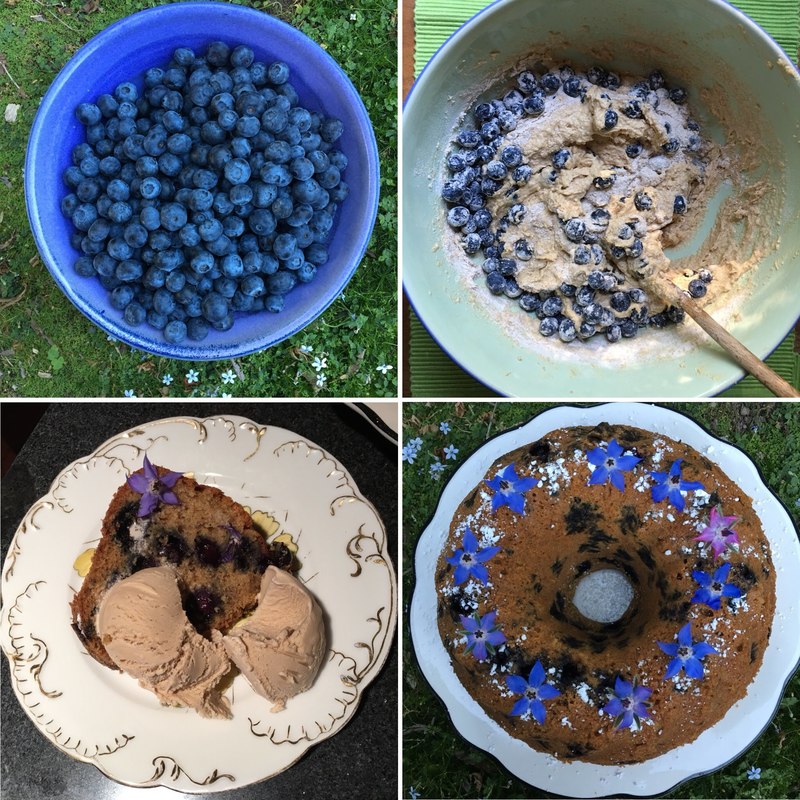
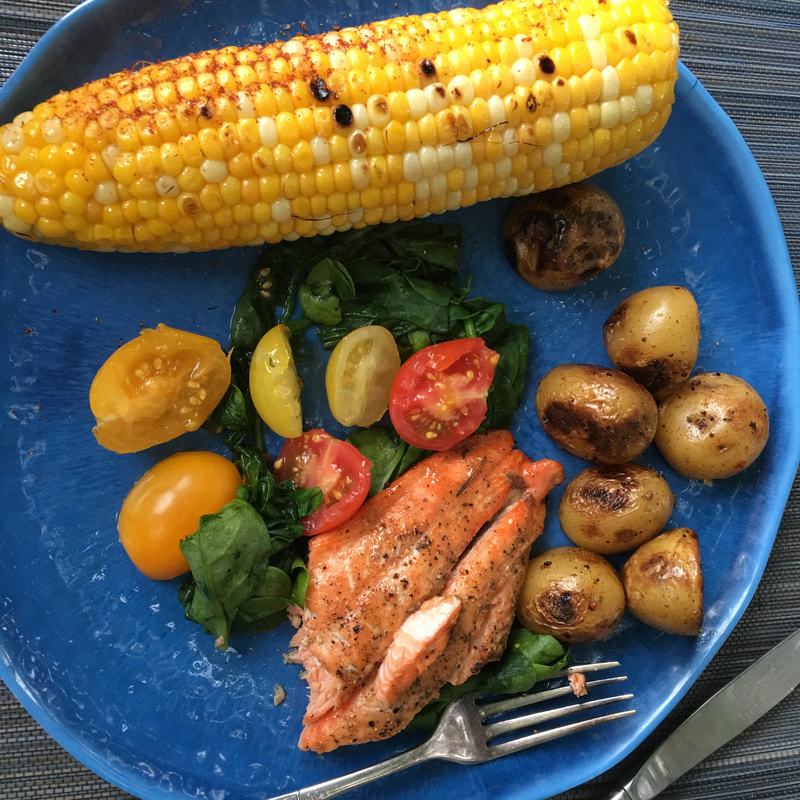
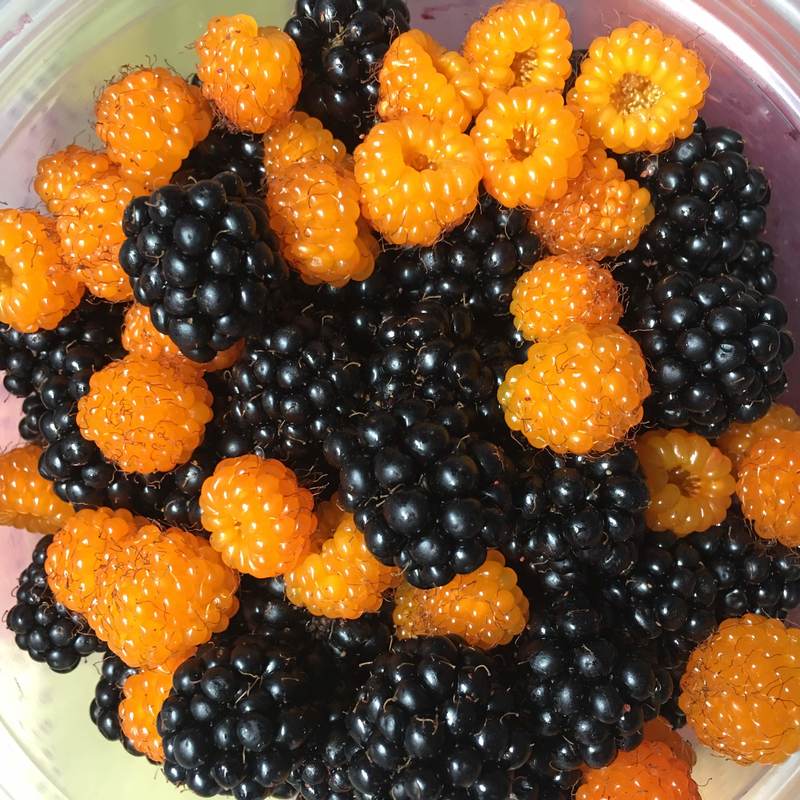
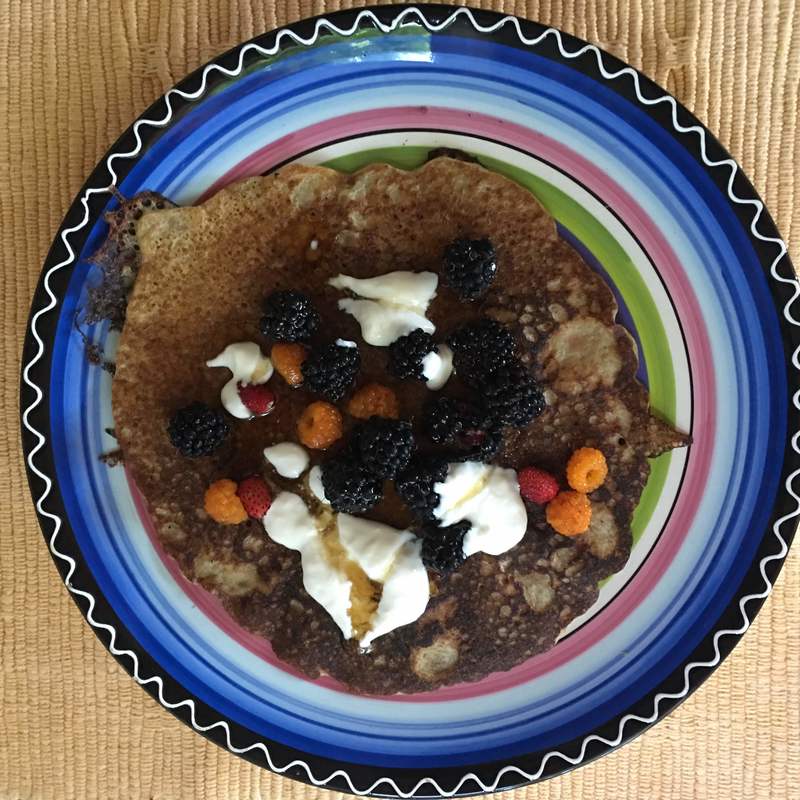
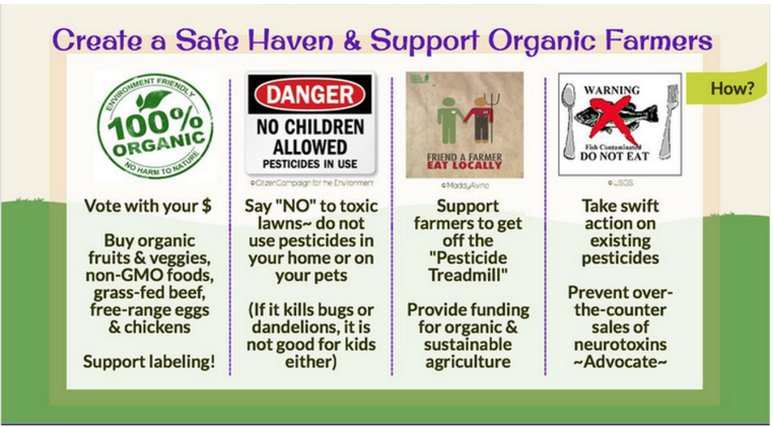
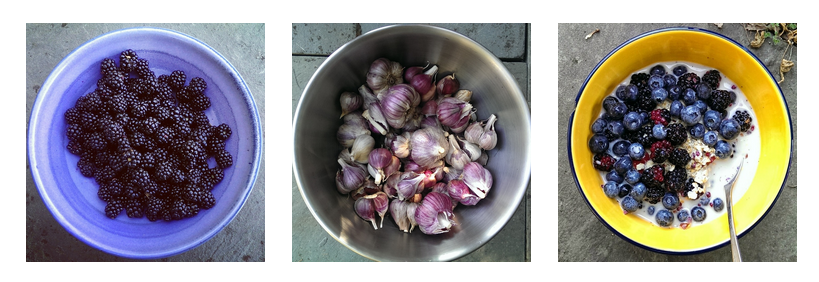

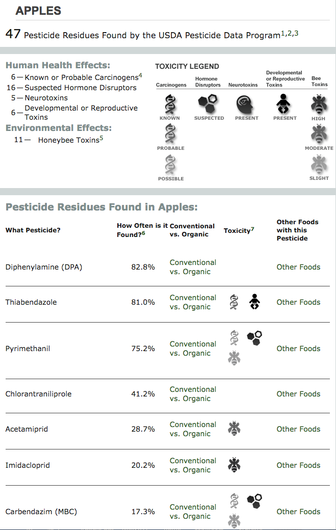

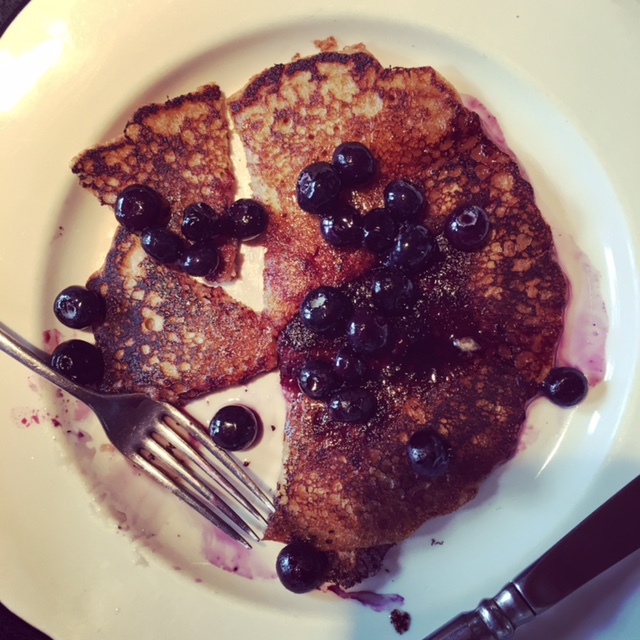
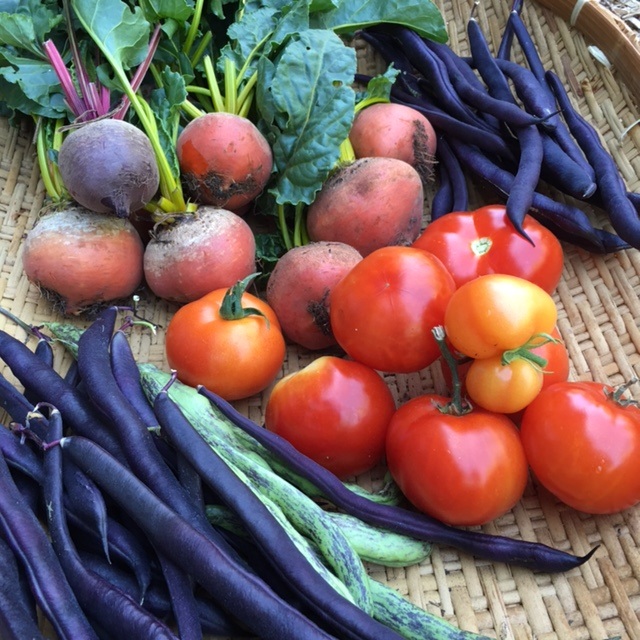

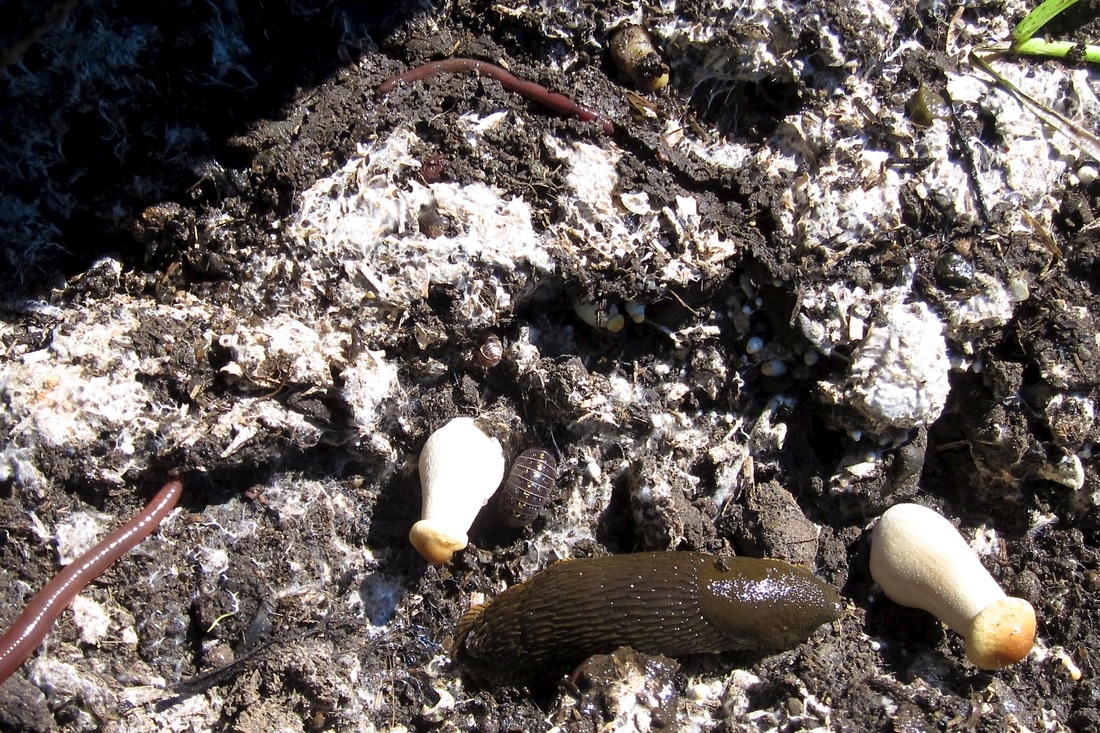
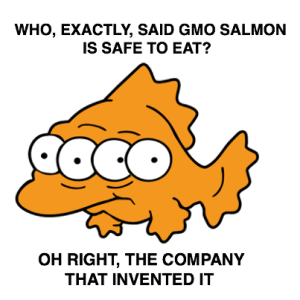


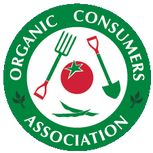
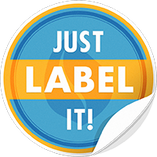
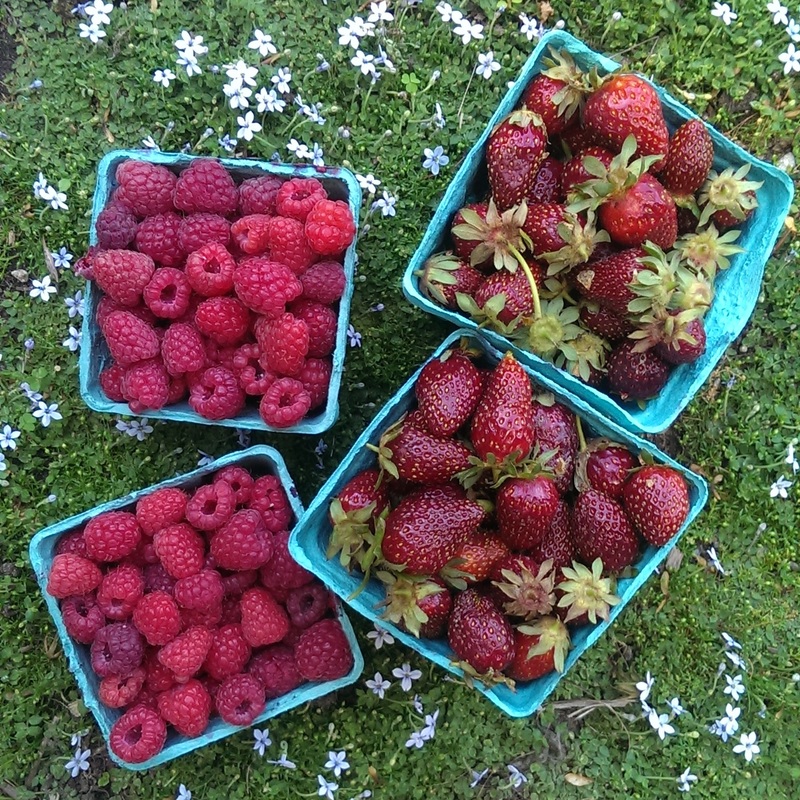
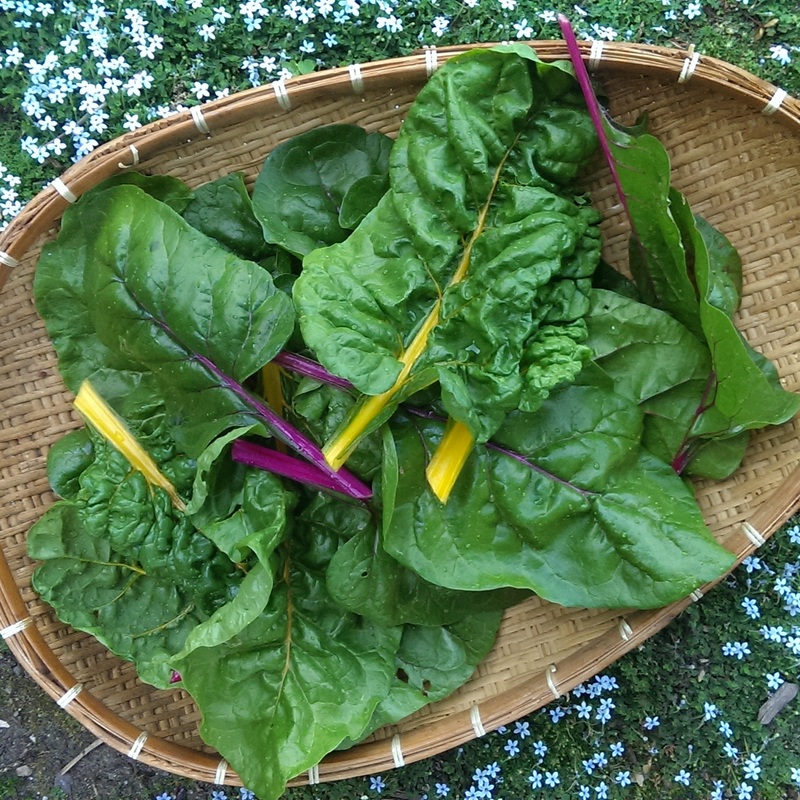
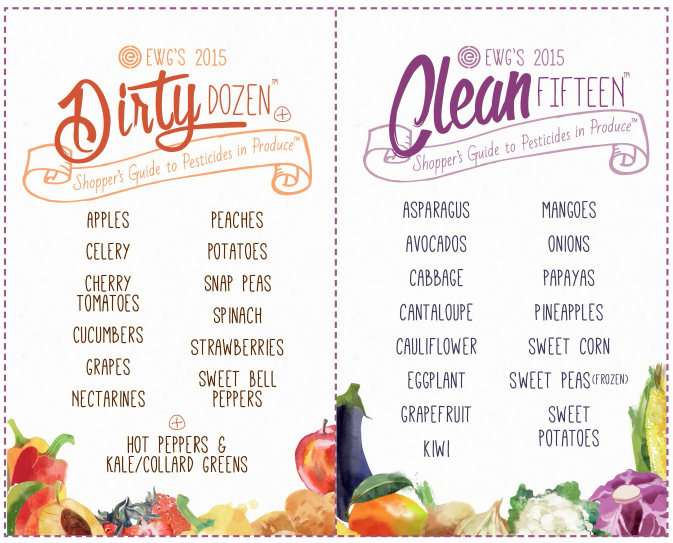
 RSS Feed
RSS Feed
